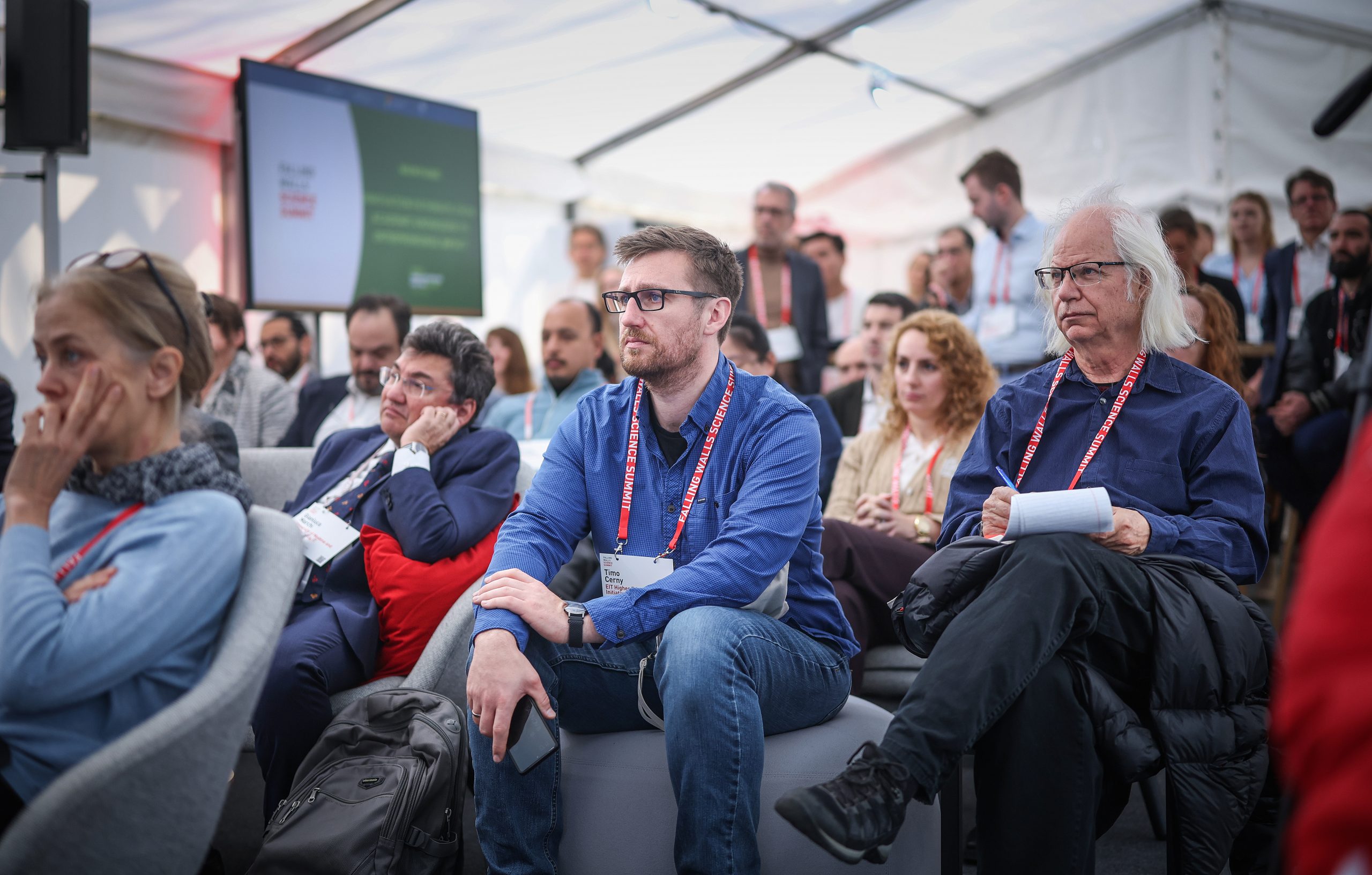For the first time, the “Global Connections” program dedicated an entire day to Italy — a recognition made possible through the collaboration between the Italian Embassy in Berlin and MUSA, the innovation ecosystem that brings together Milan’s universities, businesses, and institutions to design more sustainable and inclusive urban models.
For the first time, on Saturday, November 8, Italy took center stage with a full day dedicated to it within the “Global Connections” program of the Falling Walls Science Summit, part of the Berlin Science Week, taking place in the German capital through today, November 10.
This recognition, marking an important milestone for Italian research and innovation, was made possible through the collaboration between the Italian Embassy in Berlin and MUSA – Multilayered Urban Sustainability Action, the innovation ecosystem that brings together the four Milanese universities (Statale, Bicocca, Politecnico, and Bocconi) along with companies and institutions, with the goal of developing solutions for more sustainable and inclusive cities.
The event opened on November 8 with remarks by Ambassador Fabrizio Bucci, who emphasized:
“This year, Italy has the honor of being the first country to have a dedicated day within the Global Connections program. We are proud of this recognition, which reflects both our excellence in research and our commitment to an open, collaborative, and responsible vision of science — a science that serves society.”
“The MUSA ecosystem brings together the four universities of Milan — Bicocca, Statale, Politecnico, and Bocconi — along with partners from industry, media, and local institutions. Together, they are developing new models for the cities of tomorrow: greener, more resilient, and ultimately more human cities. The challenges are clear: climate change, resource management, social inclusion, and urban well-being.”
“But to address them,” the Ambassador continued, “innovation alone is not enough. We need political vision, collective will, and international cooperation. Governments and institutions have a fundamental responsibility to lead and accelerate the transition toward sustainable urban models, promoting regeneration, sustainable mobility, energy efficiency, and citizen participation. In this context, ‘out-of-the-box’ ideas and innovative thinking remain crucial to developing new partnership models and sustainable solutions.”
“Together we can ensure that innovation not only advances technology but also broadens the horizons of what a good and just society can be,” the Ambassador concluded.
In this same spirit comes the message from MUSA President Giovanna Iannantuoni:
“We no longer need to imagine the sustainable cities of tomorrow — we must start building them today. MUSA was born to prove that research can already shape real change, when it opens up to dialogue and collaboration. It’s time to break down the barriers between academia and business, between disciplines, and between institutions — because innovation happens when knowledge flows freely.”
Research and Prototypes for a Sustainable Future
At the Falling Walls Science Summit on November 8, MUSA presented a selection of projects that represent the cutting edge of research applied to urban sustainability — from portable solutions for air quality monitoring and digital platforms for conscious urban planning, to bio-based materials for circular cosmetics and experimental models of inclusive, low-impact mobility.
These initiatives illustrate an Italian research ecosystem capable of turning scientific knowledge into tangible solutions that improve quality of life and strengthen the dialogue between science and society.
The overall results and future outlook of the MUSA ecosystem will be shared with the scientific community and the public on December 3–4 in Milan, during an event dedicated to the impact and long-term vision of MUSA for the future of urban innovation.





